It’s the political silly season – or at least the start of it – and candidates are grasping at anything to use as a weapon to garner support. Into this cauldron is thrown the religion of Islam and the terrorists of the Islamic State, with the terminology providing the fault line.
The left refuses to use the term “Islam” when discussing the Islamic State, preferring to completely separate the religion from terrorist’s actions. The right, on the other hand, seems to firmly believe the solution to defeating the Islamic State is precisely using the term Islam whenever discussing terrorism.
Does it really matter? The right states that if you can’t even name the enemy, you can’t ever win, but doesn’t that beg the question of the name itself? I mean, if I called all Nazis in World War II Peter Pumpkin Eaters, and every one of my soldiers and allies did the same thing, would it matter one whit if they continued to call themselves Nazis? Would that really have caused D-Day to fail? By the same token, by not using Islam when discussing terrorism, have we really harmed our ability to fight it?
The left will tell you that they don’t believe in conflating the Muslim religion with terrorism, and that Islam has nothing to do with the Islamic State. In their eyes, yes, the name definitely matters – and not in a good way. They believe that using Islam when discussing terrorism conveys the very legitimacy the terrorists crave, and will only help recruit future terrorists while turning off moderate Muslims. It paints a narrative of “us versus them” and plays directly into the terrorists’ goals. Thus, their belief that separating Islam from all terrorism discourse is the best course of action.
But is it? While it matters not at all what I call the enemy when I’m squeezing the trigger, there is a more fundamental reason to link the two in public discourse: In not doing so, we effectively absolve the religion of all responsibility, and by extension, relieve 1.6 billion peaceful adherents of the duty to take action.
Many will say that Islam itself isn’t the root cause of Islamic terrorism, and that the answers can be found in societal woes like poverty/despotic tyrants/no opportunity/alienation/put your own cause here. Yes, of course, those things may certainly be a catalyst, but it doesn’t explain other support. Osama bin Laden himself was a scion of the bin Laden family, one of the richest families in Saudi Arabia, and had none of the issues described in reams of research. How is his radicalization explained? When all of the usual suspects are eliminated, as they are in his case, what’s left? Islam.
Currently, the Islamic State receives funding through a variety of means: Oil production, selling of captured antiquities, hostage ransom – and private donations from wealthy Gulf Arabs. What explains the latter? It’s certainly not poverty. Forget the vaunted 1%. The men providing the funds would represent the .0001% in the United States. It’s not a despotic government. These same men are immune from any governmental interference. And it’s not a lack of opportunity, so what are we left with? The answer is simple and obvious: They believe in the ideology espoused. An Islamic ideaology.
Plenty of analysts have researched why a person would decide to put on a suicide vest and have compiled a host of different reasons, most centered around the individual’s self actualization vis a vis a lack of opportunity or discrimination, but I’ve seen no analysis on why someone would pay for the vest in the first place. We know it’s happening – in the words of the State Department, “donors in Saudi Arabia constitute the most significant source of funding to Sunni terrorist groups worldwide” – and we’ve tried hard to get wealthy Gulf States to stop it, but the fact remains that it is occurring, and it can’t be explained away with convenient societal pressures. There is another reason, and it’s fairly simple: a fundamental belief in the perverted brand of Islam the terrorists use to justify their actions. The wealthy Gulf Arabs who are providing support are not unique. For every one who can donate a million dollars for the purchase of death making materials, there are four or five who can’t provide a dime, but believe the same way. In the grand scheme of the overall Muslim population, it’s a small number, to be sure, but it exists, and as long as it does, so will Islamic terrorism—which has an outsized impact with respect to a percentage of the total. Remember, it only took five men with box cutters to kill 3,000. And therein lies the rub.
In order to truly defeat Islamic terrorism, the ideology must be addressed, and the only way it can be is within Islam itself. By continually removing Islam from the discussion, we allow the religion, as a whole, the ability to ignore self-reflection and reform. We allow the overwhelming majority of peaceful Muslims the excuse that it isn’t their religion, when it most assuredly is.
Can you imagine the ridicule if someone were to design a campaign against alcoholism and refuse to discuss alcohol? Because, Lord knows we wouldn’t want to paint everyone who has a drink as an alcoholic, and we can find a host of other reasons why someone opened the bottle. That would be ludicrous, and yet that is exactly what we are doing when we disassociate Islam from the discussion of Islamic terrorism.
Eventually, if he is to survive, an alcoholic will have an intervention, and that intervention will be with people he trusts. People who understand the complex web that has encircled his life. A stranger telling him to knock it off won’t do it, and it’s the same problem with Islam. The West can’t do it. Only the Muslim majority can, but like the alcoholic, the first step is admitting there is a problem.
By not referring to Islam – by using euphemisms like “violent extremism” – we are ignoring the root of the issue because we’re worried about insulting an entire religion based on the actions of a few. Maybe it’s time we did so. Maybe it’s time to cause a little strife. To cause Islam to reflect.
To admit Islam’s got a problem.




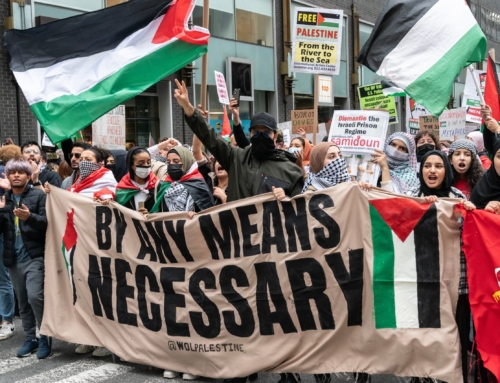
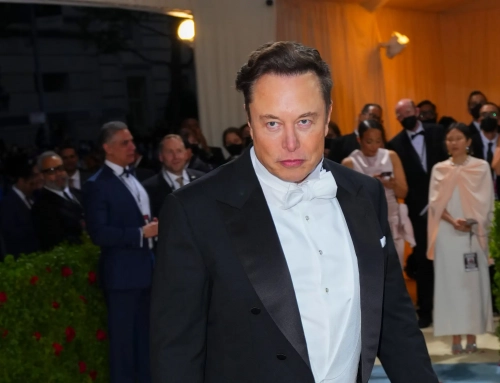
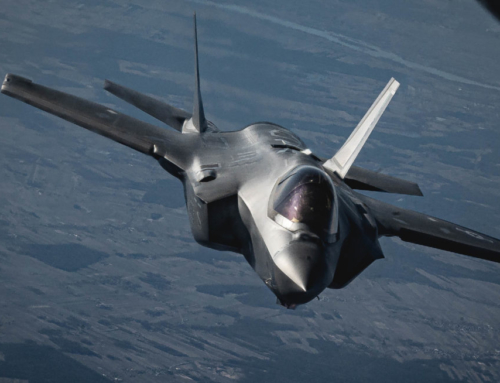
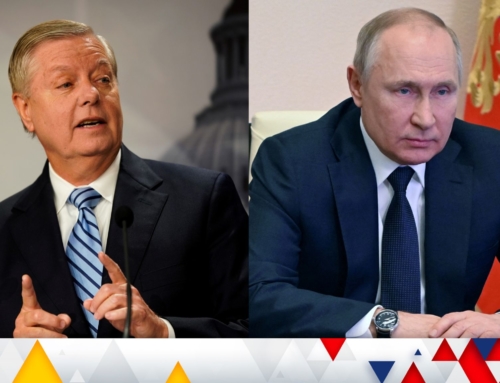

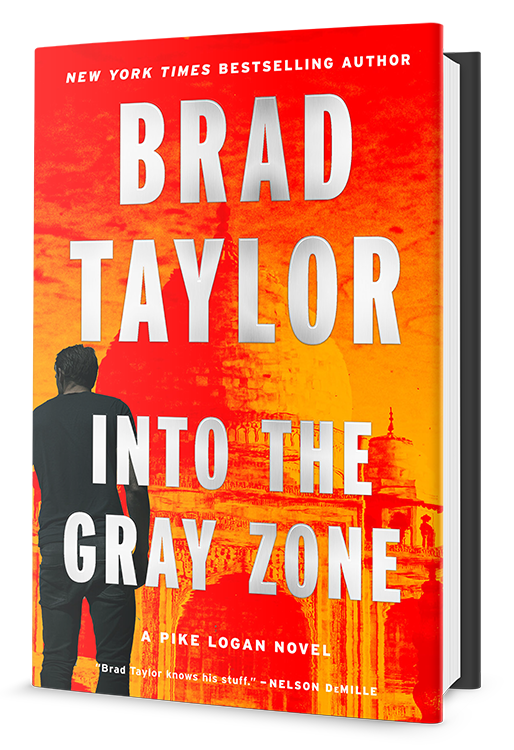
Roger that, Colonel.
As usual, you clearly make a logical argument. Another fine example of why you such an incredible author.
I believe that those of Islamic faith must essentially choose sides. I also believe that the vast majority of Muslims do not agree with the actions of their radical brotheren. However, if there is no denial of the radical Islamic behavior, then we may be forced to assume agreement and support. That is the part of greatest concern.
You haven’t written many blogs but every one is perfectly on point. We need guys like you in congress.
Is it too late to persuade you to run for President?
From the time they are small children, too many muslims are educated into the culture of hatred, the jihad for which their participation is considered honorific to their family and Allah and ultimately that their glorious death in the jihad is considered the route to heaven and all that entails. Terrorists aren’t opposed to killing, as a rule, but only a narrow sliver of terrorists are resolute to kill and die for their cause with such devotion to kill infidels, unbelievers, people who do not follow the teachings of islam. And in most cases, the teachings of their particular sect. They aren’t beyond killing other muslims, for religious reasons of course. This radicalization of islamic terrorism is so interwoven with the muslim religion that attempting to untangle it is so ludicrous that one might argue that its a politician’s quasi-criminally irresponsible act.
You’re wrong. And I had a choice in my response. I could have said “I disagree”, but I chose, “you’re wrong”, because you are. While I would in no way say I am an expert, I have lived and worked amongst Muslims the world over, from Bosnia, to Afghanistan, to Iraq. After all of that – after hammering a target and finding the people inside pointing to the next house because they wanted those assholes gone as much as we did – Islam isn’t the problem. RADICAL ISLAM is. There is a solution here, and it doesn’t involve putting a star on every Muslim’s chest. Unfortunately, we can’t provide that solution. Only they can. And only if they finally admit there is a problem.
Just a few weeks ago, King Abdullah of Jordon, in a public statement, described an ongoing “Civil War” within Islam. Several months ago President El Sisi of Egypt, at a gathering of Muslim Clerics, chastised them for not denouncing Da’ish, radical Islam and for not doing more to counter radical clerics. These Muslim leaders are calling it “Radical Islam”.
We have several majority Muslim nations who have been and still are loyal, supportive Allies in our fight against “Radical Islam”. We should do much more to support them, especially since they’ve stepped forward to lead the fight against “Radicals” within “their own religion”.
A great take Brad
I couldn’t agree more Brad. There needs to be be more denouncing of Radical Islam from leaders of that faith. Get some backbone. But I think there is too much fear in their ranks to stand out against it.